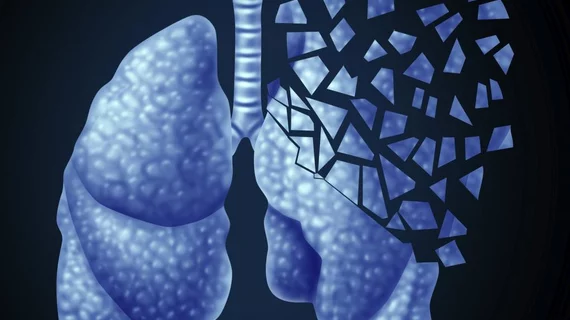Imaging specialists raise $11M for AI-powered lung disease detection
VIDA Diagnostics, a Coralville, Iowa-based imaging technology company, has announced the completion of a Series C financing round worth $11 million. First Analysis Corporation led the round, with Blue Heron Capital, UnityPoint Health Ventures and numerous prior investors also participating.
VIDA is expected to use the funds to boost the marketing and distribution of its LungPrint AI solution for assessing patients for a variety of lung diseases. LungPrint can evaluate a patient for signs of emphysema, airway obstructive diseases, asthma, lung cancer and more.
“We are driven to continuously raise the standard of care for patients with or at risk of lung disease,” Susan A. Wood, PhD, VIDA’s CEO, said in a prepared statement. “By equipping care teams with LungPrint, patient care and quality of life can be positively affected. VIDA is endlessly thankful for the extensive support of the people, resources, and programs from the State of Iowa leading to this expansive funding. VIDA can now accelerate LungPrint’s market access, further connecting its benefits to the many millions of patients with lung disease.”
“VIDA is an outstanding corporate citizen,” Iowa Governor Kim Reynolds said in the same statement. “The company’s commitment of employing and training Iowa-based engineers and scientists not only contributes to our economic growth, but also reinforces our skilled, productive workforce. The State of Iowa is proud of VIDA’s accomplishments, its worldwide recognition and to be a partner with them through robust economic development programs.”
VIDA is currently working with numerous partners within the healthcare industry—including IBM Watson Health, Nuance Healthcare, TeraRecon and Blackford—to get its solutions in the hands of as many radiologists as possible.

